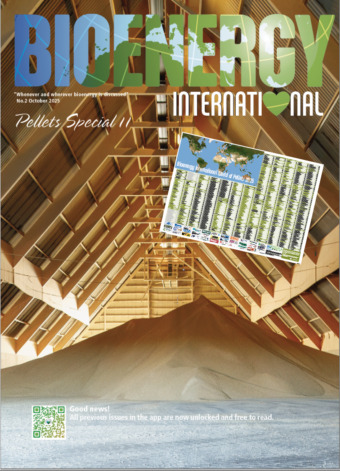Finland-headed forest industry major UPM has disclosed that it is studying biofuels development opportunities in Finland and has initiated an environmental impact assessment (EIA) for a possible biorefinery at a brownfield site in Mussalo, Kotka. The study of a possible Kotka Biorefinery is in the very early stages as EU and national policies on biofuels will also play an important role in the final assessment of a possible investment. The EIA process normally takes around one year.

According to a statement, the environmental impact assessment (EIA) study states that the proposed second UPM biorefinery would use a different raw material base and technology than in the current UPM Lappeenranta Biorefinery. The Kotka Biorefinery would produce approximately 500 000 tonnes per annum of advanced biofuels for transportation, made from several renewable and sustainable feedstocks.
We are looking into the use of several new feedstocks that fulfil sustainability criteria, such as wood residues and other sustainable wastes and residues. In addition to this, in Uruguay, we are testing a winter cropping concept with Brassica carinata for biofuels’ raw material. Oil from the turnip rape-related carinata would be one of the possible raw materials for the Kotka Biorefinery, said Petri Kukkonen, Vice President of UPM Biofuels Development.
The environmental impact assessment started by UPM in February is a legal preventive environmental policy procedure. EIA studies the execution of alternatives, environmental impacts and the possibility of minimising harmful impacts – as well as the opinions of various stakeholders in all these areas. The proposed brownfield site is in the area of a dismantled power plant.


